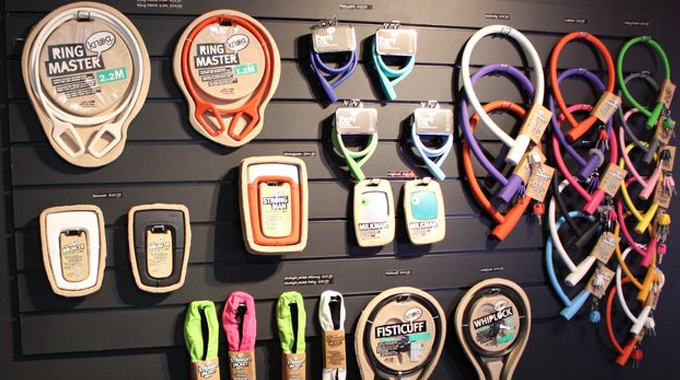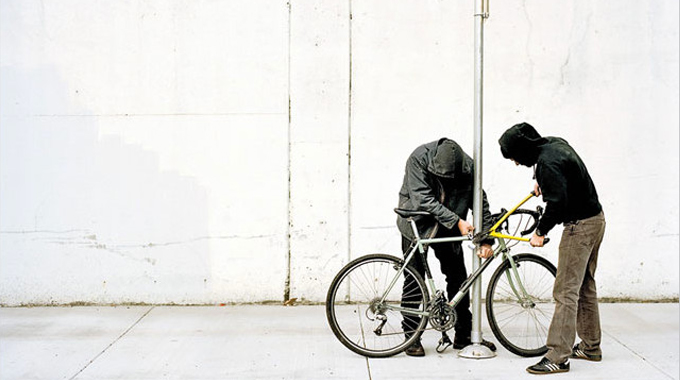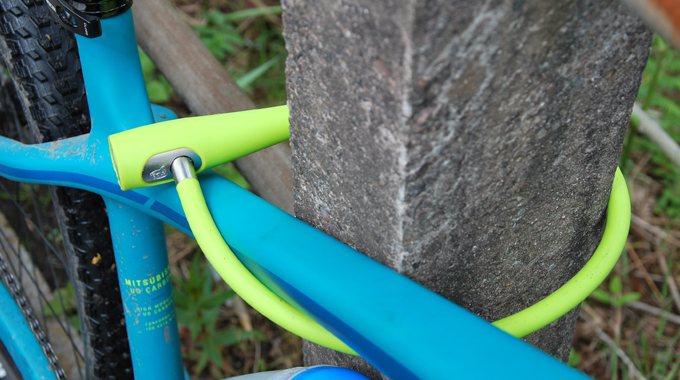Words by Lucy Bradford
A sure sign of our society becoming simultaneously more health conscious and more environmentally ethical is the growing number of the population cycling nowadays. According to British Cycling, over two million people here in the UK cycle at least once a week, and industry figures show a steady increase in bike sale statistics. Which is a great thing, fewer cars on the road, healthier people, less pollution, it’s all good. But the thing is, when compared to a car or a motorbike, a bicycle is inherently easier to steal and sell on.
As more and more people commute on a bicycle and regularly use one, the fact is that the bike theft figures are only going to increase. While on any modern car you’ve got a myriad of high-tech security features when it comes to bicycles most people are still making do with a simple bike padlock, which just isn’t cutting the mustard anymore.
Figures published by the insurer, Protect Your Bubble, state that last year almost 82,000 bikes were reported stolen, and with the increase in bikes chained up, on the street or at home, that figure’s set to keep going up. The trouble is, a quality bike is a very attractive proposition to the average thief. Being that many of the mountain and road bikes you see around are worth over £1,000, it just makes sense to step up your bike’s security.

Unless you’re strangely charitable when it comes to thieves, chances are you’re not a fan of having your stuff nicked. But when it comes to your bike, it goes a little bit beyond irritating. If you’re someone that rides a lot, say, to commute to and from work, you’re now a little bit stuck, especially if you don’t own a spare bike or a car. You’re looking at paying for a replacement bike (if you’re not insured), and for public transport in the meantime, which is all a big hassle worth avoiding. Bikes are very cheap to run compared to other travel options, and you’re going to quickly miss that if yours gets stolen.


